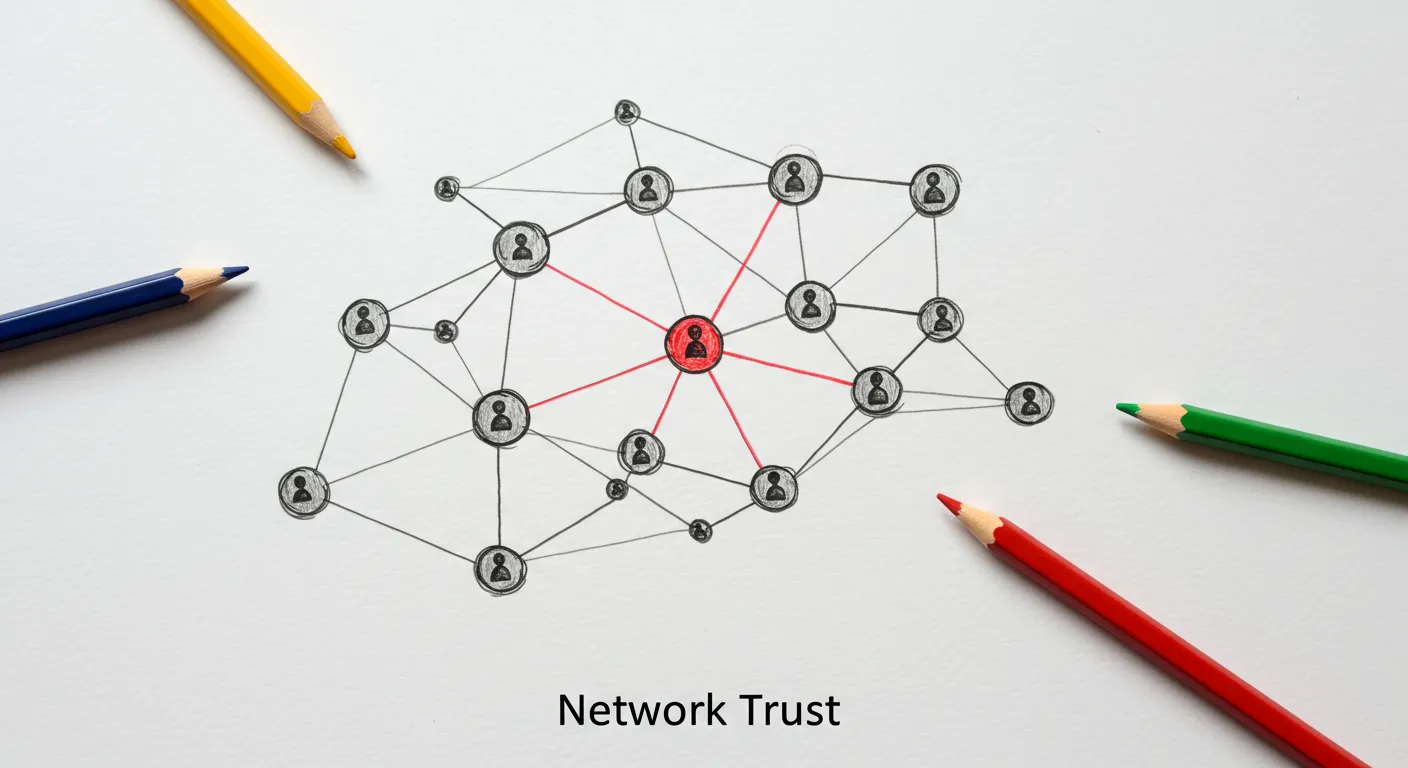Online commentators are diving deep into the nuanced world of Headscale, an open-source implementation of the Tailscale control server that's capturing the imagination of tech enthusiasts and network administrators alike.
The project has struck a chord with users frustrated by traditional VPN setups, offering a mesh network solution that allows devices to connect peer-to-peer with minimal configuration. Many participants praised Headscale's ability to simplify complex networking tasks, with one user noting they can't imagine network management without such a tool.
However, the conversation quickly pivoted to critical concerns about security and long-term sustainability. Some online commentators expressed skepticism about the project's security approach, highlighting the need for comprehensive security audits and more transparent user controls. The potential for "enshitification" - a term used to describe how tech platforms potentially degrade over time - loomed large in these discussions.
A particular point of contention emerged around the project's ability to provide robust security mechanisms. One commentator pointedly questioned whether Headscale could truly offer enough security safeguards to compensate for its network traversal capabilities, or if it might inadvertently become a tool that compromises network integrity.
The discourse ultimately revealed a deeper conversation about user trust in open-source projects. While many users expressed excitement about Headscale's potential, there was an underlying current of caution - a recognition that innovative technology must be balanced with rigorous security considerations and transparent development practices.


